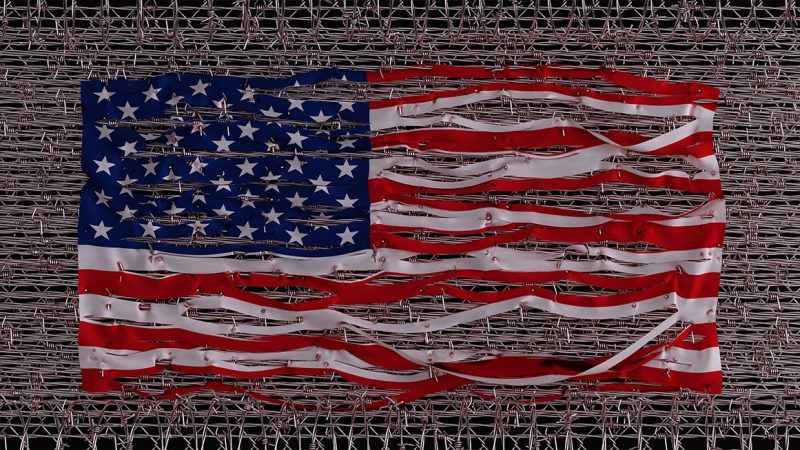Trump Weaponizes the Bureaucracy Against Naturalized Citizens

Parvez Manzoor Khan, a 62-year-old Pakistani truck driver, has lived in the U.S. for nearly three decades. He has an American wife and three American children. In 2006, he became a naturalized U.S. citizen. But Khan is facing "denaturalization" and deportation due to an error of omission on his application for citizenship.
Denaturalization—or stripping naturalized immigrants of their citizenship—is an extreme measure typically reserved for Nazis and terrorists. But in a little-noticed initiative called Operation Second Look, President Donald Trump is rummaging through past naturalization applications looking for reasons to remove the citizenship of nonheinous individuals.
In the early '90s, Khan filed an asylum petition under a different name but missed his asylum hearing. He says his lawyer failed to notify him. Unbeknownst to him, Khan told The Intercept, he was ordered deported in absentia in 1992. The Trump administration now wants to revoke Khan's U.S. citizenship and send him back to Pakistan, not because he poses any kind of a threat but because he failed to note on his citizenship application that he once applied for asylum and was rejected.
Operation Second Look builds on an Obama-era initiative titled Operation Janus, which kicked off in 2008 when immigration authorities discovered that 206 people from "special interest" countries who had been ordered deported later managed to obtain citizenship. Evidently, the government had failed to upload 315,000 files containing immigrants' fingerprints. As a result, it couldn't check naturalization applications against its digital database.
A Department of Homeland Security investigation found that out of all of these files, 815 people who had been ordered deported, and another 953 people flagged due to concerns about immigration fraud and similar issues, got their citizenship.
The Trump administration has put this effort on steroids, referring an additional 1,600 naturalized citizens for possible prosecution in January 2018. It subsequently announced it would comb through 700,000 more files for possible fraud or errors, and it has sought $207.6 million from Congress to expand its denaturalization task force.
The status of naturalized citizens who lose in court reverts to whatever it was before they received citizenship. In the case of those whose asylum petitions were denied, that typically means deportation. That's what Khan is facing.
The federal government has the latitude to rescind citizenship from war criminals and terrorists. It is using this power to strip people of their rights for relatively minor offenses. If the Trump administration succeeds against Khan, the message to 20 million naturalized Americans will be that they are second-class citizens whose status is not fully secure.


Show Comments (171)